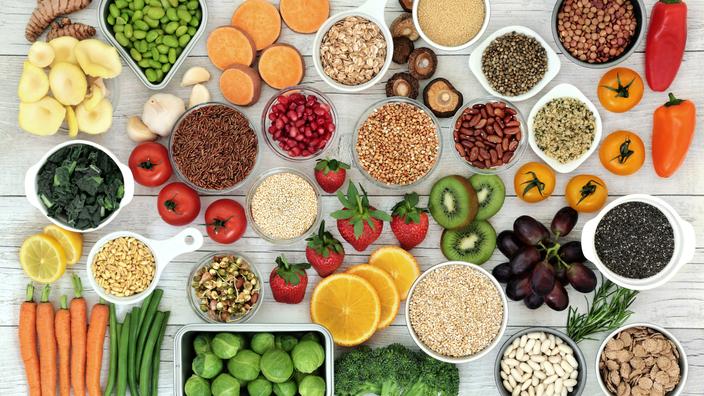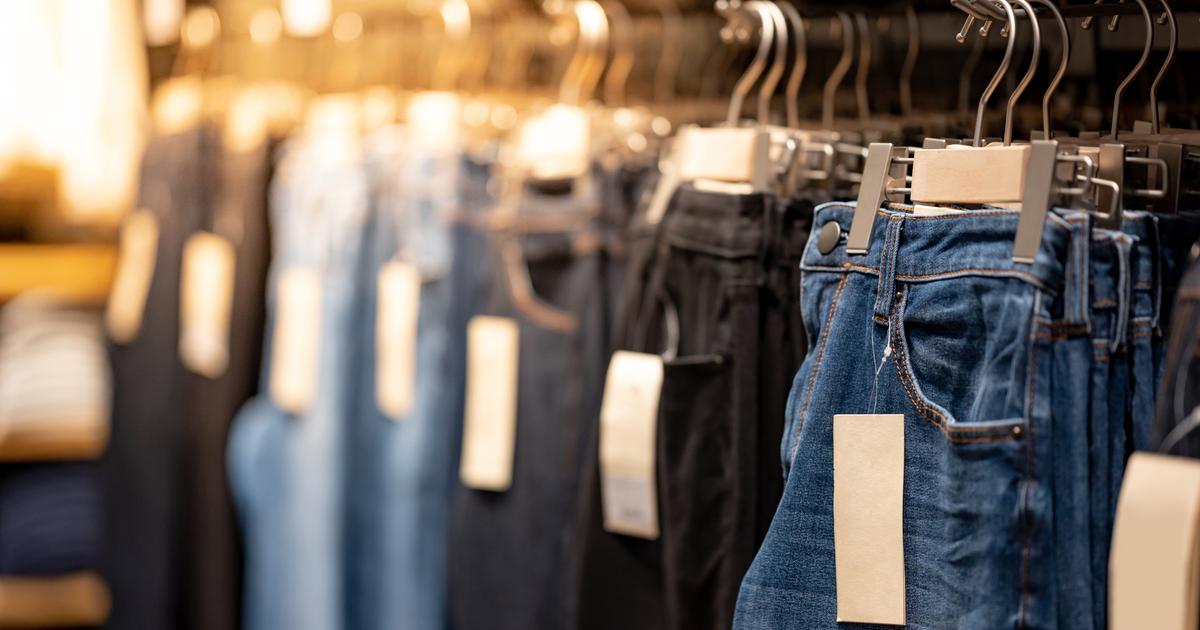Food players, including Yuka, Marmiton and Open Food Facts, announced on Thursday the launch of an independent "eco-score", an indicator intended to better inform and "
raise awareness
" of consumers about the environmental impact of products. food.
Read also: Too Good To Go launches its American dream
This scoring project based on the “nutri-score” model, going from A to E, is the subject of two years of work by a group bringing together consumer applications such as Yuka, Open Food Facts or Etiquettable, from the site d he online organic grocery store La Fourche which claims 27,000 member households in France, Belgium and Luxembourg, FoodChéri food delivery sites or Marmiton cooking recipes.
It is "
independent
" from the "
environmental display device
" provided for by the law against waste and the circular economy, as well as from the experiments provided for by this law, the various actors specified Thursday, even if François Martin, de Yuka, recognized Thursday that it was possible to "
converge
".
Concretely, this "eco-score" will take into account the analysis of the product life cycle, production, transport, manufacturing of packaging, explained Thursday Shafik Asal, co-founder of ECO2 Initiative and Etiquettable, during a videoconference. .
It is based on Agribalyse data, produced by the Environment and Energy Management Agency (ADEME).
This gives rise to a score out of 100, then weighted by “
additional qualitative criteria
” via a bonus / penalty system taking into account the recyclability of packaging, labels, country of origin, seasonality ... Thus a rice produced in India would be rated better for being organic, and even better rated if produced in France.
In December, environmental and consumer associations had estimated that these data risked "
favoring
" intensive agriculture, the life cycle analysis "
favoring the shortest production cycles, and therefore the most industrial
".
The interbev meat industry, for its part, pointed out “
inconsistencies in incomplete environmental assessment systems
”.
The defenders of the project, "
fully aware of the limits of the life cycle analysis
" dixit Shafik Asal, stressed Thursday that the bonus-malus make it possible to promote labeled products or produced locally: "
A French beef with grass will have a better score than a Brazilian beef not being in the meadow
”.
Read also: Food: call for applications for environmental labeling
In the immediate future, this environmental display - which echoes one of the recommendations of the Citizen's Convention for the Climate - will be available on the applications of the collective's partners.
On Open Food Facts, 240,000 products will have this display, according to the collective.



/cloudfront-eu-central-1.images.arcpublishing.com/prisa/BUA2NNBCCBACHEPXXR6NIRKCA4.jpg)





